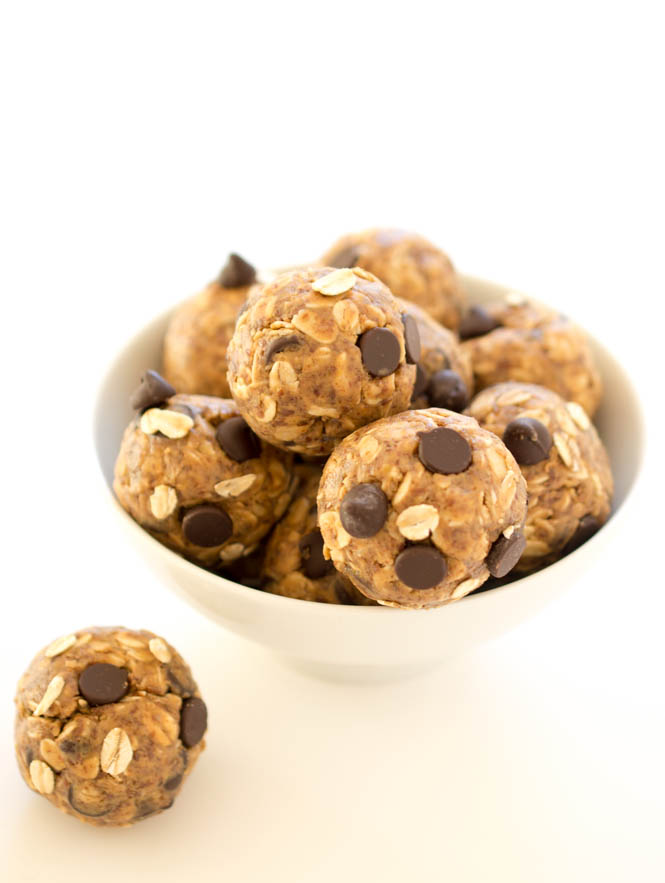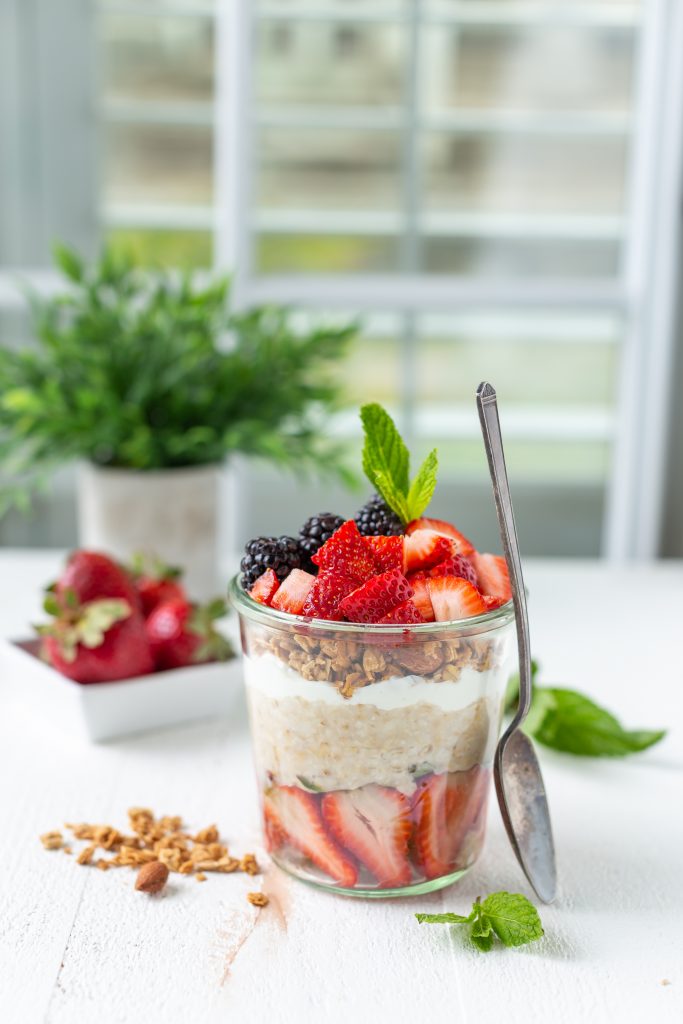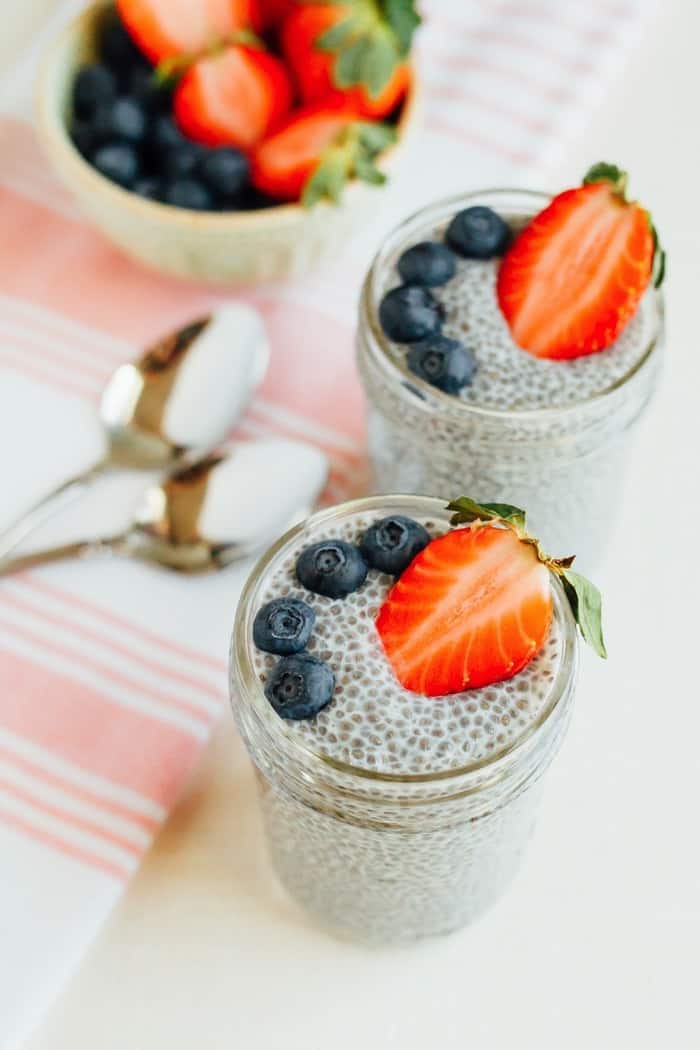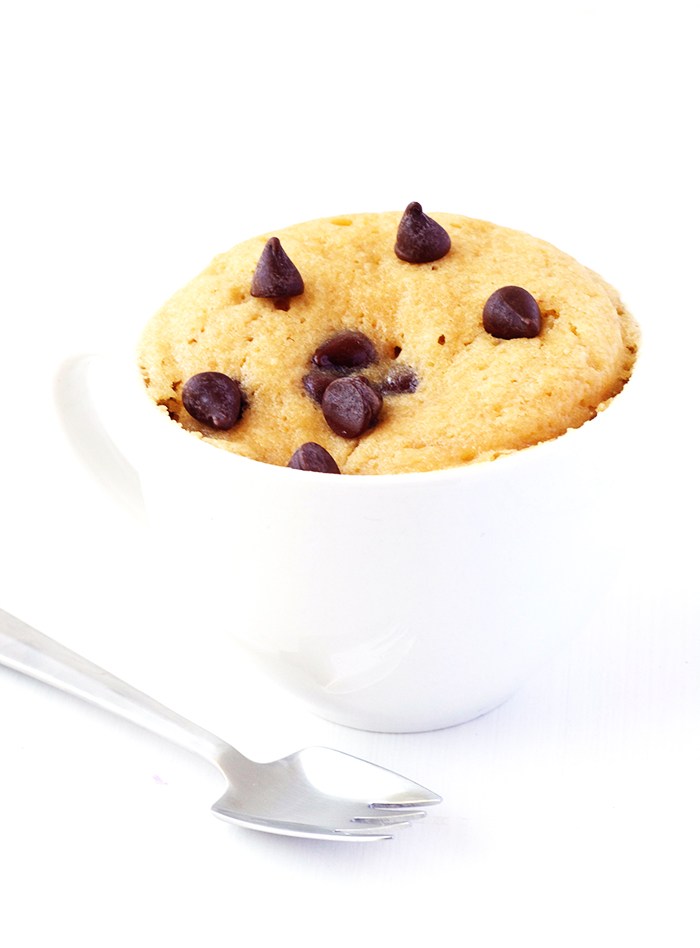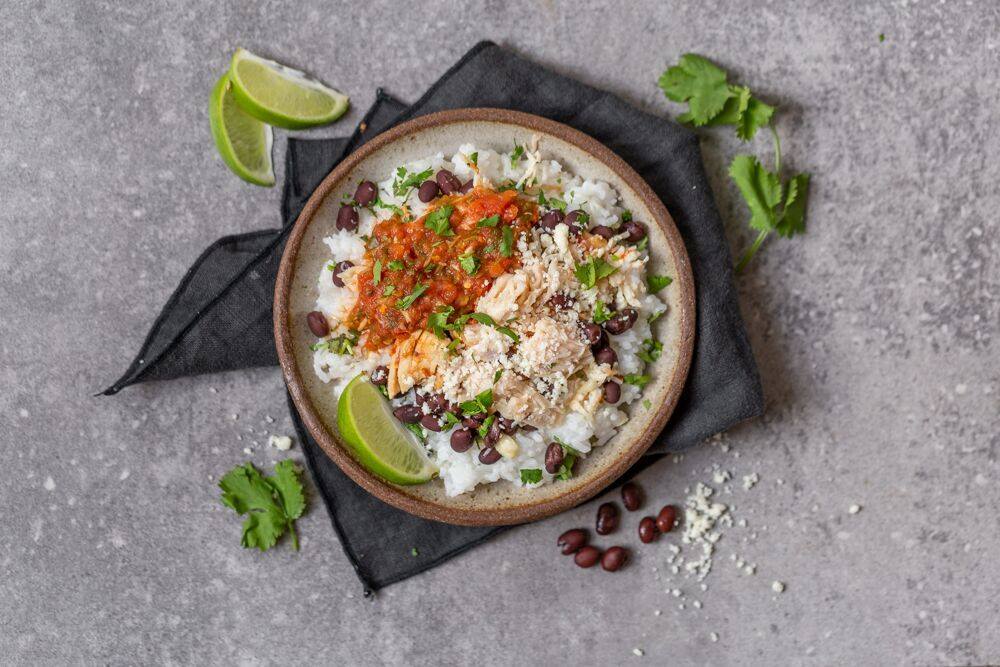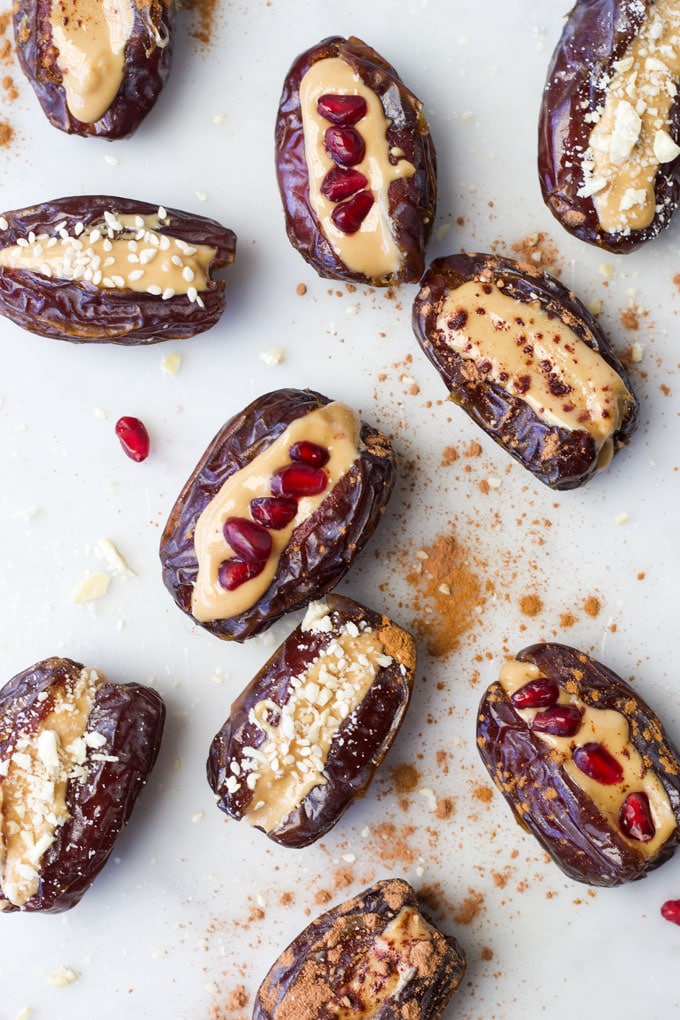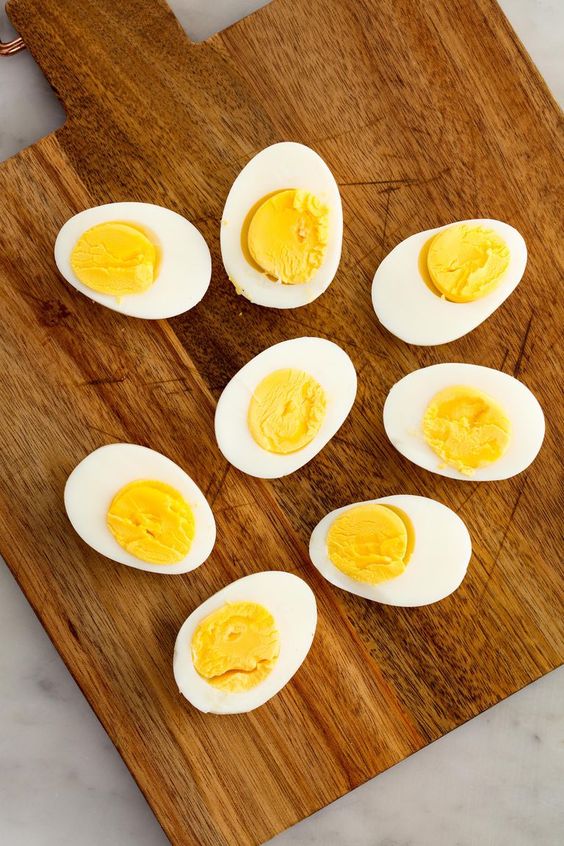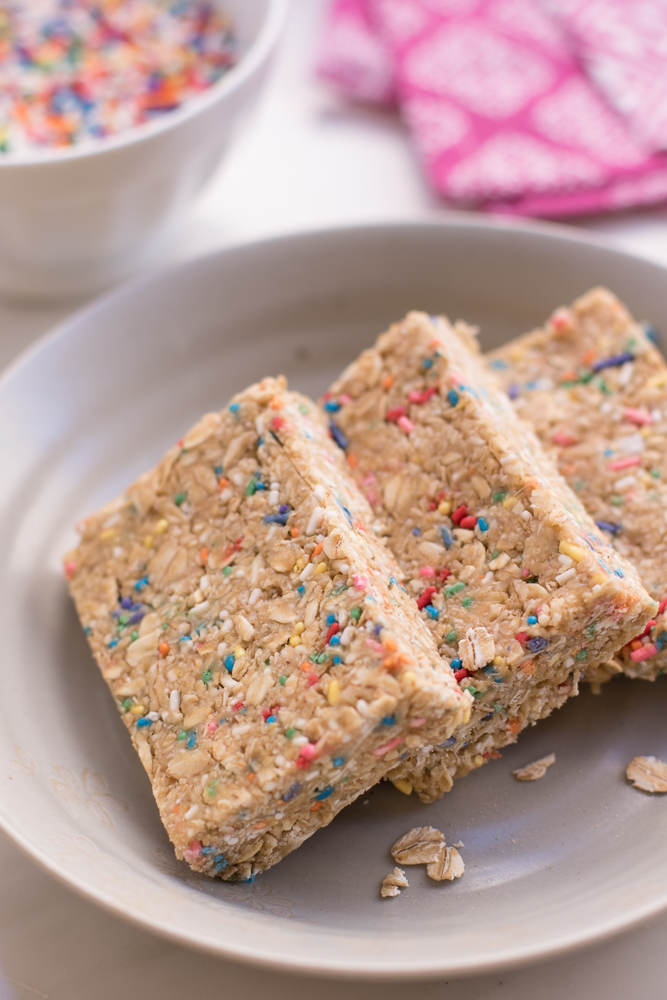We’re officially in August, which means the new school year is right around the corner!
It’s typically hard to get out of the summer lifestyle and back into the groove of the school year, especially if your summer season included long days, lots of sun, and a ton of fun and relaxation. Yet the turn of any season is a cool time to switch into a new (school) year and look forward to what’s ahead. It’s possible to have a great, productive start of the semester, while also carving out time for intentional activities and habits that’ll help reduce anxiety throughout the entire fall.
Let’s dive into 12 tips you can activate today to keep your stress at bay and start your new school year off right.
How to Add Ease Into A New School Year
Write a schedule.
A new semester at school usually means a ton of new activities, classes, events, and parties to attend. It might be hard to say “no” to it all, but it’s important! Start your semester off on the right foot by planning out a weekly schedule that carves in class, events, and enough you-time. You can create your own personal calendar in a spreadsheet, draw one up in a notebook, or download an app to keep you accountable to everything in your schedule. Just remember to not overload yourself! Reviewing your schedule at the beginning of each week will help you know if you’re taking on too much.
Unplug — or go on airplane mode.
Put your phone down! When you’re in class, having your phone out will just distract you (and make your professor angry). If you’re not knee-deep in work at the library, try to focus on other things for stimulus besides Instagram — grab a coffee with friends, go for a walk around campus, and keep your phone tucked away in your purse when out for dinner and drinks. While it’s easier said than done, no semester back at school will be more rewarding — socially and intellectually — because of extra time spent on Facebook. You’ll be surprised how even a few hours unplugged will ease your mind and make you a better student and friend. If you don’t feel comfortable keeping your phone at home, airplane mode is always a great compromise.
Get outside.
Speaking of a walk around campus, it’s important to get ample amounts of Vitamin D, which is proven to boost energy. If you live off campus, consider walking or biking to class versus driving or taking public transportation. Spend awkward breaks between class or activities outside, and utilize your weekends to go for a run on a local trail or have a picnic with friends on or near campus. (Just use sunscreen, please.) Consider doing normal indoor-activities outside, too. Eat dinner outside, even if that means setting up your own picnic on the campus green. If you can, enjoy your morning coffee outdoors, or even study or work on homework in an outdoor setting versus in your dorm room.
Read.
We know, we know — after all the textbooks and various required readings a semester holds, it might be hard to find the motivation to read for pleasure. Still, getting lost in a good novel is a great way to unwind and unplug (bonus points if you grab a real book versus reading on a Kindle or other electronic device!) Form a book club with classmates, read the newspaper every morning before work, or challenge yourself to read a certain amount of material every month — one book a month, anyone?! Bonus points for reading outside, too, as a way to get some sun and reading in all at once.
Try on a new exercise regime.
A great way to shake things up at the start of the school year is to get out of your normal workout routine. If you typically go for runs, why not try swimming at your school’s recreation center? If gyms are your jam, see if you can incorporate more bodyweight and strength training outside at a local park or on campus. See what clubs or extracurricular activities your school offers, too. Changing up your fitness routine and coming up with a goal for yourself keeps your body and mind fresh, and you might discover an athletic hidden talent you never knew existed! Just make sure to carve in ample rest days to give your body and mind proper time to recover.
Eat well (and don’t skip breakfast!)
Freshman 15 is real — and it’s often because students are not getting enough sleep and then are making less-than-ideal food choices at the campus cafeteria. Every student meal plan looks different, but if you’re relying on a cafeteria, try to look for fresh options filled with good, in-season produce. Avoid fried foods or things you might suspect came from the microwave. If you’re lucky enough to have access to your own kitchen, fill your fridge with amazing produce that’s grown locally and in season. Your body will thank you for consuming pesticide-free food and supporting your local farmers and economy. Win-win! Plus, food that’s in season is noticeably tastier and will make your body feel great. Most importantly, don’t skip breakfast. It’s easy to cram for an exam in the morning versus taking the time to eat a healthful meal, but a quick bowl of oats with fresh berries, or a vegetable egg omelet, will provide the right brain and body power you need to feel your best.
Drink tea.
Coffee gets all the credit when it comes to feeling awake. While a healthy amount of caffeine is never a bad thing, don’t forget about the amazing stress-relieving qualities a cup of tea can provide. Studies show that tea helps calm nerves, ease anxiety, and relieve stress— and luckily there are so many different kinds and flavors to suit any picky palate. For non-caffeinated options that are great to sip before bed, try peppermint, chamomile, or lemon. If you want a boost of energy in the morning, try a cup of green tea over a milky latte — green tea still has a lot of caffeine, but you won’t get “the shakes” a coffee sometimes causes. You’ll save some calories, too!
Get good sleep.
We get it: Between class, clubs, and clubbing (no judgment) sometimes getting sleep is the last thing on our minds. Still, we can’t stress how important sleep is for our mental and physical bodies. In order to truly rejuvenate and keep stress levels down, it’s critical to get those 7-8 hours of sleep a night. Try to get to bed at the same time each night and wake up at the same time each morning, even if you don’t have an early class on certain days of the week. This will get your body wired to a routine, making it easier to fall asleep and wake up the next morning. Make sure you invest in a good fan if it’s hot in your dorm, get a comfortable mattress, and consider other things to help you sleep better, like blackout curtains or a white-noise machine.
Limit sugar.
Ice cream, beer, the cafeteria waffle machine — it’s easy to consume a lot of sugar throughout the semester. Yet too much sugar can wreak havoc on your body, making you feel bloated, sluggish, and slow. Pay attention to small ways you can cut back on sugar; this could be eliminating it from your coffee, choosing to add cinnamon and berries to your yogurt versus using honey, or enjoying a vodka with club soda over a vodka tonic. Small changes can make a big difference when it comes to sugar intake. We promise you’ll feel a difference.
Don’t overdo it on booze.
It’s hard to stay away from alcohol during the school year. We’re not here to tell you to cut booze entirely, but watch out for how much you’re drinking. Most doctors recommend that men drink at maximum two drinks a day, and one for women. It’s okay to have a cheat evening every now and then, but you can also get creative with fun mocktails and other delicious drinks that have less or no alcohol at all.
Start journaling.
Journaling is an amazing way to process emotions, let go of stress, and have a creative outlet for thoughts and ideas. If you’ve never tried journaling before, the start of the semester is a great time to get into a new habit. Even if it’s only a few minutes before bed or as soon as you get up, free-writing in a personal and safe space can help relieve anxiety and clear your mind.
Forget a favorite “spot”
Find a place outside your dorm room (or house) that is “yours.” Perhaps that’s a nook in your favorite coffee shop, a bench nestled in the woods near campus, or a building in the middle of the city. Use it as your place to go to when you need to take a few deeps breaths, want to journal, or call your best friend from home. No matter what you do, use it as your safe space that is for you and you only.
Hopefully one (or all) of these tips have inspired you to fit in a little stress-free goodness into the beginning of the new school year. Remember to focus on what makes your body and mind feel good, while staying on top of your studies and social activities.
